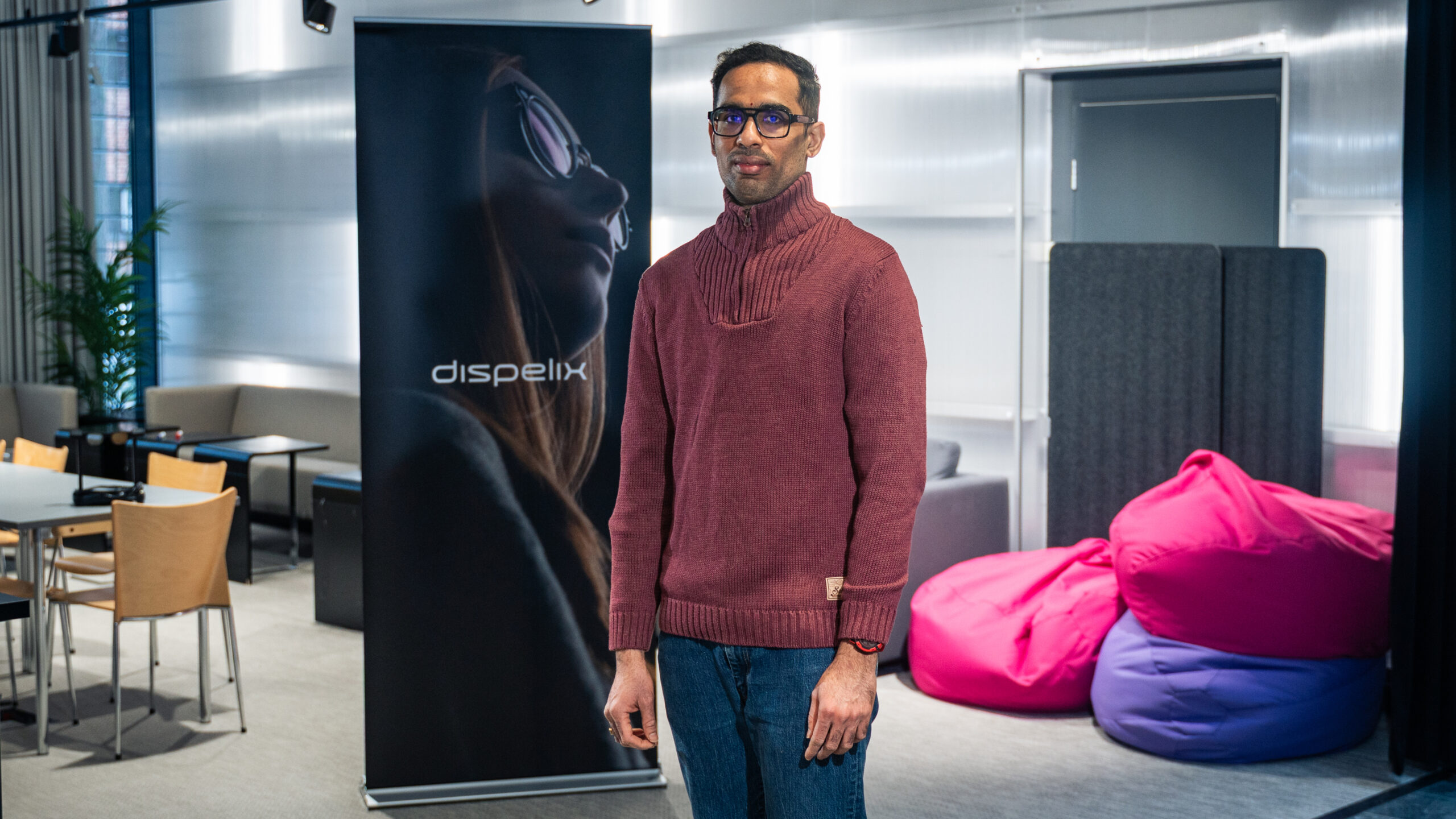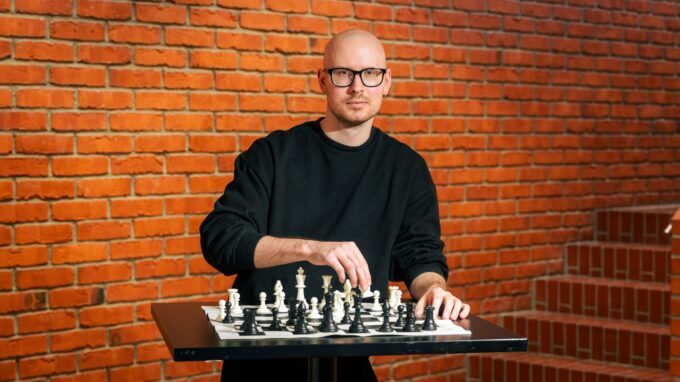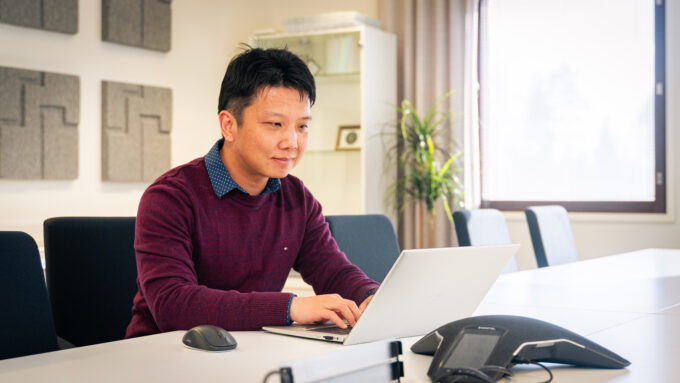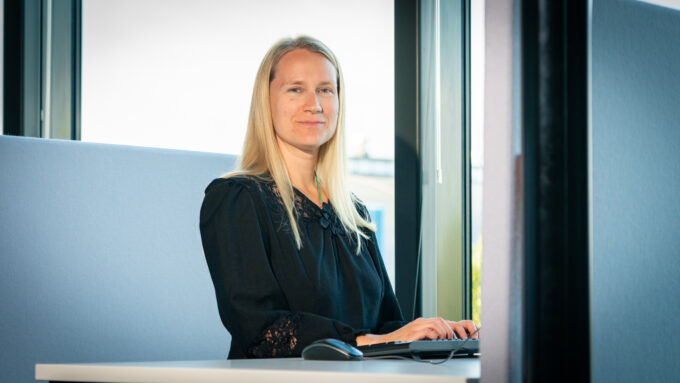Sesha Manuguri’s path to Joensuu and his current job at Dispelix has not been the most straightforward. Originally from India, Manuguri experienced multiple countries and work cultures before finding his place in Finland and Joensuu.
Growing up in southern India, Sesha Manuguri completed his bachelor’s degree in his home country. Then, with a backpack on his shoulders, he set off to explore what the world had to offer.
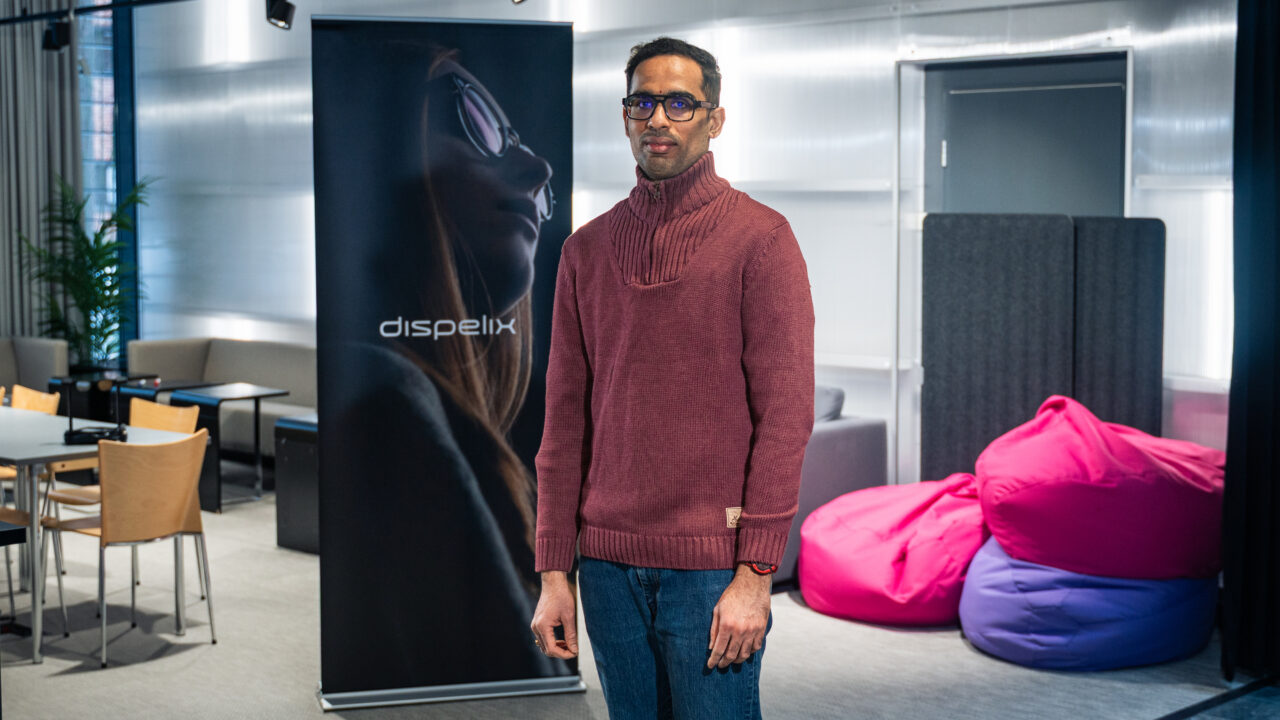
His first stop was Sweden, where he pursued a master’s degree. After completing his studies there, he moved to New Zealand to earn a Ph.D. in Chemistry. However, there was another, slightly more down-to-earth motivation for his move: Manuguri is a passionate cricket fan.
“Cricket was actually the main reason for the move. New Zealand is a big cricket nation, and I thought I could follow the sport while conducting research in a relaxed manner.”
Choosing Finland for Its Values
After New Zealand, Sesha Manuguri moved to Finland and settled in Espoo. He began his post doctoral work at Aalto University, where he spent the next two and a half years. He chose Finland because of its technology prowess and high quality technical education in New Zealand. At the same time, he felt drawn back to the Nordic countries, having enjoyed his time in Sweden.
I thought it would be a small and peaceful city, and it has met my expectations
After his postdoc, Sesha Manuguri worked at Microsoft before his career led him to Joensuu. He found a job in photonics at Dispelix, a company that designs and manufactures optical structures for augmented reality displays. Dispelix appealed to him mainly because the role was similar to what he had done at Microsoft.
Sesha Manuguri came to Joensuu for work and admits that he knew very little about his new hometown.
“I thought it would be a small and peaceful city, and it has met my expectations,” Manuguri says with a smile.

Daily life in Joensuu has not changed much from his time in Espoo. His days are spent working, and his evenings are for relaxation and hobbies.
“I lived in Espoo for four years before moving to Joensuu, and my lifestyle has remained mostly the same. I go to work around 9–10 AM and return home around 6 PM, after which I relax with a good book or movie.”
There are some small differences, though—like the colder winter temperatures in Joensuu. But with warm clothing, he has managed just fine.
Bringing Intelligence to Lenses
At Dispelix, Sesha Manuguri works as a research and development engineer, focusing on waveguide manufacturing. Waveguides effectively direct and channel light, enabling image transfer directly into the user’s field of vision, seamlessly blending the image with the surrounding reality. In simple terms, they are smart lenses used in augmented reality displays.
A key part of the development process is making the lenses easy to use. Manuguri and his colleagues primarily develop lenses in laboratories and cleanrooms to ensure their optimal performance.
Finland Excels in Applying Research
Having studied and worked in four different countries, Sesha Manuguri has observed the differences between work cultures in Finland, Sweden, New Zealand, and India. Finland and Sweden have extensive experience in technology development based on fundamental research, whereas New Zealand lacks similar expertise.
Sesha Manuguri has been happy with his work at Dispelix and hopes to be involved in projects that will reach the market within two or three years
What Manuguri appreciates most about Finland is its strong tradition of applying scientific research to practical use. This refers to transforming fundamental research results into applied innovations, products, or technologies—Nokia being a prime example.
Sesha Manuguri has been happy with his work at Dispelix and hopes to be involved in projects that will reach the market within two or three years. Every day at Dispelix is different, which suits him well.
“I don’t plan my life too far ahead. I prefer to take things one day at a time.”
More Risk-Taking Needed in Finland
According to Sesha Manuguri, Finland has a very high level of education, something many immigrants appreciate. However, he also feels that Finnish work culture is more risk-averse compared to many other countries.
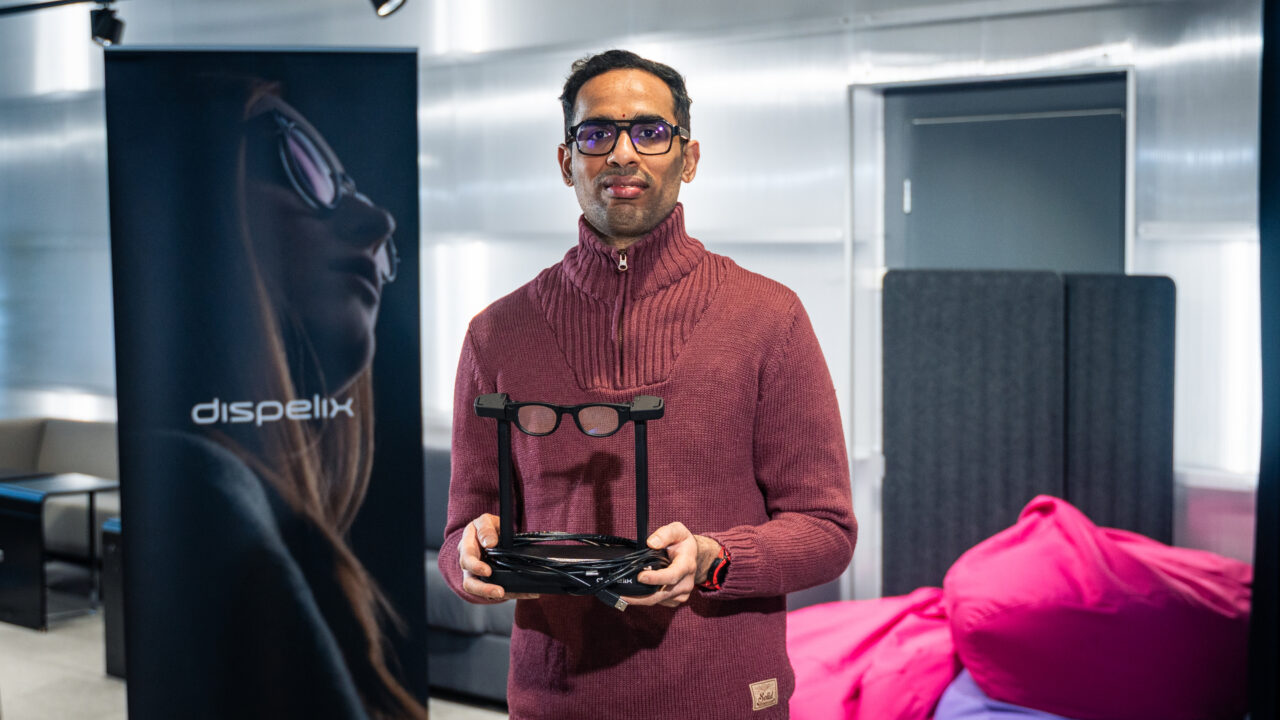
He is particularly concerned about Finland’s conservative economic mindset, which makes it difficult for young people to find employment.
“Finland should encourage more risk-taking to attract young talents and experts. I have noticed that people here are reluctant to take risks. This results in fewer opportunities for national growth.”
This issue does not affect his daily life, though, as Joensuu is an easy place to live and work. He particularly values three aspects of Finnish work culture: trust, a straightforward approach, and honesty.
Every Problem is an Opportunity
Sesha Manuguri has had no trouble integrating into working life in Joensuu, as his work has been similar since his student days. He has always focused on problem-solving, and that continues at Dispelix.
According to him, working in photonics is a continuous process of learning and adaptation. He is especially fascinated by what people are capable of achieving and what the future holds in this field. His dream is to help develop solutions that will serve millions of people.
The ability to solve problems inspires me both at work and in life
“I’m a very optimistic person, so for me, every problem is an opportunity. The ability to solve problems inspires me both at work and in life. It’s what gets me out of bed in the morning.”
Great colleagues have also helped with his adaptation. Manuguri finds it inspiring to work in an environment filled with highly intelligent and helpful coworkers.
“Problems are not solved alone but as a team.”
To balance work, Sesha Manuguri enjoys a variety of activities. His weekends are often spent exercising, watching movies, and reading philosophical books. He started winter swimming in 2021, and since moving to Joensuu, he has tried to take an ice bath at least once a week.
“It keeps the mind fresh amidst the work routine.”
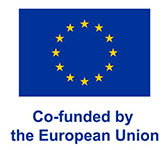
![]()
![]()
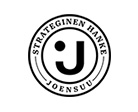
This material was produced as part of the activities of the City of Joensuu Innovation Ecosystem Agreement (ERDF), co-funded by the European Union and the city of Joensuu.
Artificial intelligence has been used in the translation of the article.

